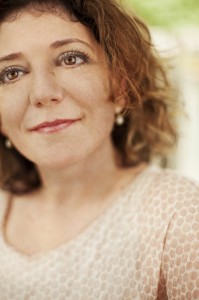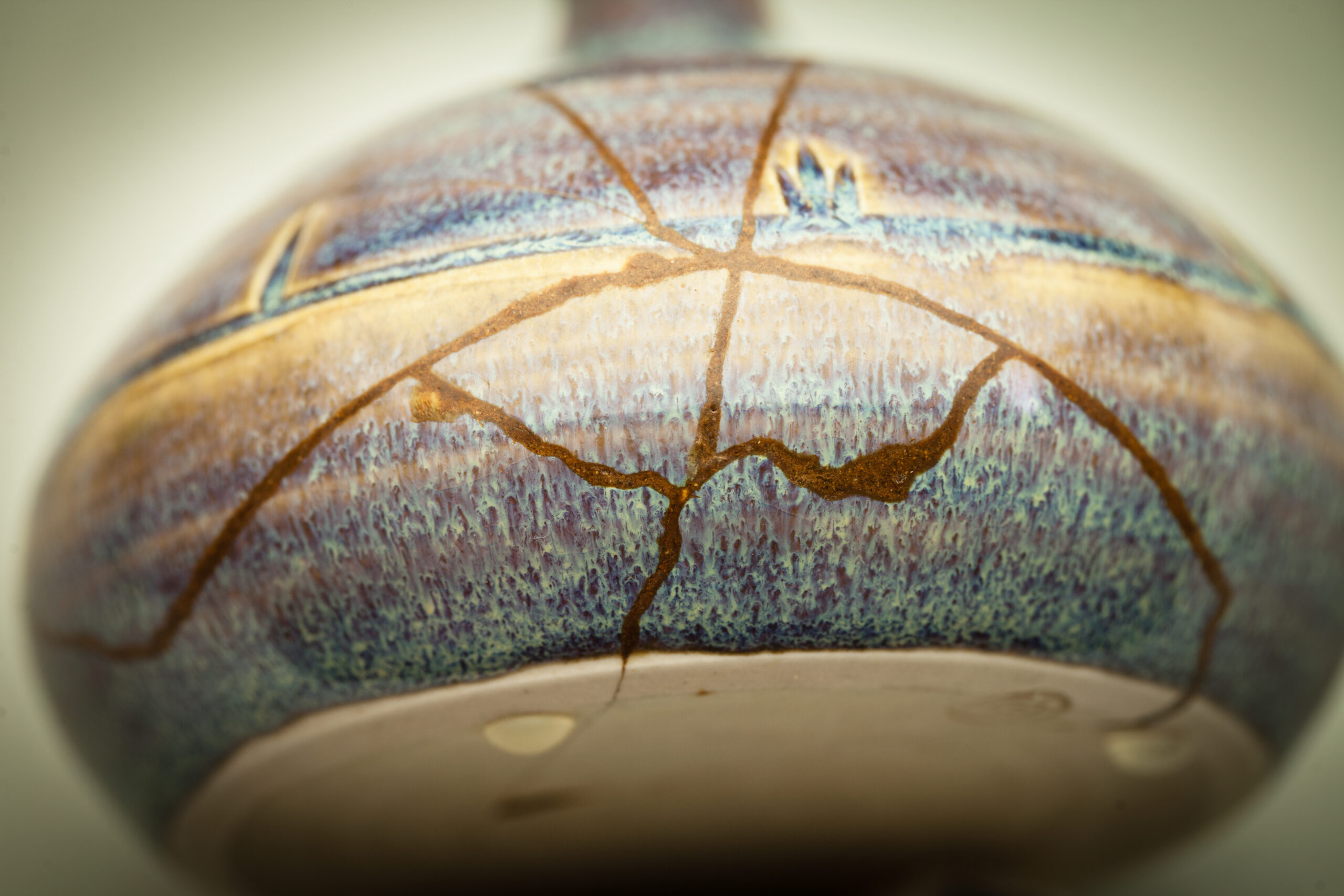Katie Steedly’s first-person piece [The Unspeakable Gift] is a riveting retelling of her participation in a National Institutes of Health study that aided her quest to come to grips with her life of living with a rare genetic disorder. Her writing is superb.
In recognition of receiving the Dateline Award for the Washingtonian Magazine essay, The Unspeakable Gift.
Enter your email here to receive Weekly Wide-Awake
What I Learned from 36 Days of Deep Journaling

Throughout December, I imperfectly followed Beth Kempton’s Deep Journaling exercises based on her book, Kokoro: Japanese Wisdom for a Life Well-Lived. (I am just now gathering my thoughts to share them.) Kempton describes kokoro as “A beautiful untranslatable term in the Japanese language which is perhaps best articulated in English as ‘the intelligent heart.'” I paused and wrote as an exercise in stepping toward wisdom in the New Year. I will not walk through my responses to the 36 journal Kempton prompts; instead, I will offer a few of the questions that resonated with me deeply and my responses to them.
What has this year taught you about the preciousness of life?
This year started with the cancer diagnosis of a dear friend, included a Presidential election, and ended with the death of a beloved President I have admired my entire life. In between, there were a million reasons to sing and cry. A million moments to celebrate and mourn. There are a million miracles to seek and magic to do.
This year has taught me to/connect with what matters — relationships, faith, joy, and creativity. This year has reminded me that where two or more gather, there is love. This year has taught me I am not alone. Not being alone is precious, especially when noise can silence, anger can harden, and fear can paralyze.
What did you create or make happen this year?
I made our two-week trip to Ireland happen. I created it out of a simple conversation. Read about it here. The trip was a lesson in speaking desire into being, inviting the other’s help to make the vision a reality, and building the experience step-by-step.
Divide your current age in half and imagine encountering yourself at that age. What would you say?
If I was talking to my 26-year-old self, I would first say the life you have been given is a gift. Mind it carefully. Tend it intentionally. Know what you believe in and always work for/on it. It will pay off. Read more poetry. Travel more. Laugh more. Cry more. Get outdoors more. Set audacious goals more. Spend time with people that love you and love them right back. Bring others with you, as you will be brought along by others. Surround yourself with people who inspire and encourage.
Tell the truth. Keep your word. Find Mary Oliver’s poetry and follow her instructions: Pay attention. Be astonished. Tell me about it. Resist the temptation to compare, criticize, and spiral.
What might reflecting on our mortality teach us about how we want to live?
I was diagnosed with a genetic condition, Turner syndrome, at the age of 15. Only two percent of pregnancies diagnosed with Turner syndrome survive. The diagnosis forced me to think about mortality.
I remember grieving things. I remember grieving what it means to be normal. In retrospect, one of the most normal things we experience as humans, death, made me feel abnormal. I remember grieving invincibility, the idea that I would live forever. (That idea contradicts the teen behavior of fearless boundary testing.)
I remember silence. I did not talk about my diagnosis for 20 years. Looking back, I would have talked about it sooner. I am not sure of the role mortality played in my silence, but to this day, I find talking about death difficult.
Reflecting on our mortality might teach us about the gift of every day. It might teach us about grief’s expansive, individual, and unique nature. It might teach us that we can grieve together and that grief can be carried and shared. It might also connect death with the natural order of things, like seasons and tides.
What opportunities are presenting themselves to you right now? What is possible because of this particular moment, life stage, and time in history?
I have recently heard it said that we are made for these times. Collectively, right now is the perfect moment. We can meet history’s challenge. There is a lot to worry about. There is a lot to fear. The world is, in many ways, on fire. Opportunities still surround us.
I am at the exact perfect life stage to meet the moment. Threadbare with a bunch of scar tissue, I am ready. I am not sure the flower from whence my optimism blooms. There are several possibilities. Specific opportunities, like Substack, for my writing muscles to flex and strengthen feel right, good, and timely. I connect to my community. That feels right and good and timely. I am deeply aware that the falling apart and back together — which have happened repeatedly in my life — is life itself. That feels right and good and timely.
About Katie

From Louisville. Live in Atlanta. Curious by nature. Researcher by education. Writer by practice. Grateful heart by desire.
Buy the Book!
The Stage Is On Fire, a memoir about hope and change, reasons for voyaging, and dreams burning down can be purchased on Amazon.





